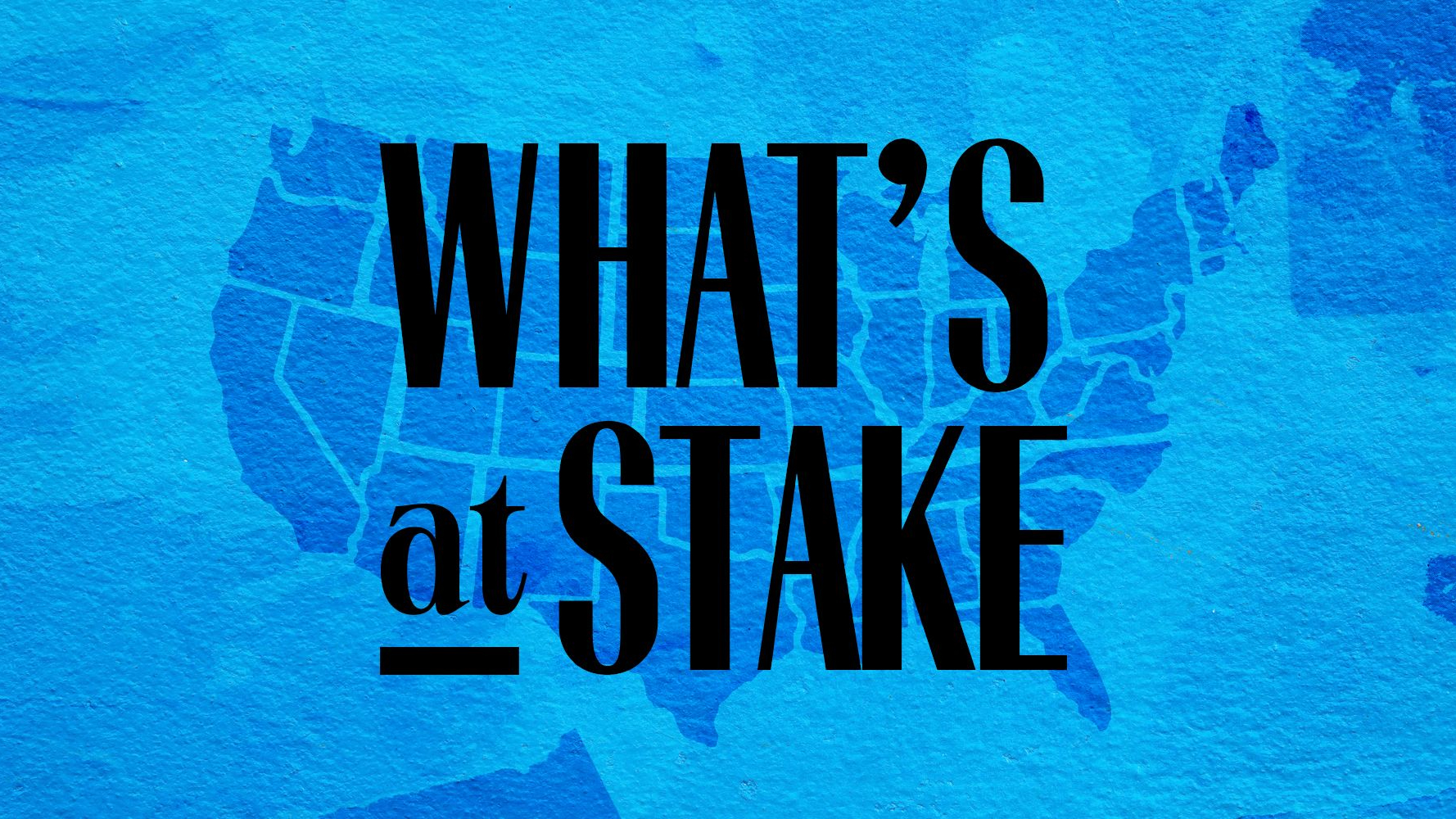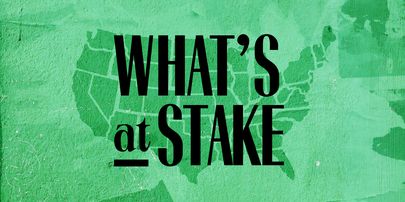What's at Stake for Police Reform in the 2020 Election
Donald Trump is running on a "LAW & ORDER!!!" platform that essentially labels himself as tough on crime.


This year, America experienced a racial reckoning in the middle of a pandemic, which forced people to have long-overdue conversations on racism and police brutality in our country—prompting police reform to become one of the defining issues of the 2020 election.
President Trump has made clear that he will only tackle the issue on a surface level with his executive order on police reform following the Black Lives Matter protests across the country, albeit previously claiming he has done criminal justice reform "like nobody else." At the time, Trump was likely referring to the First Step Act that he signed into law in 2018, along with the pardon of Alice Marie Johnson, a 65-year-old woman sentenced to life imprisonment for a nonviolent drug-related crime. He also pardoned Jon Ponder, a bank robber, on television during the Republican National Convention (RNC).
The problem is that neither of these pardons, nor the executive order, address the racist policies within the criminal justice system. In fact, the Center for American Progress lists here how the U.S. Department of Justice actively intervenes in criminal justice reform efforts.
To be clear, police reform is under the umbrella of criminal justice reform, but President Trump's conflicting actions, like tear-gassing peaceful Black Lives Matter protestors, and his "LAW & ORDER. VOTE!" rhetoric often leaves voters feeling confused on where he stands on the issue. At this point in time, however, it's safe to assume the president has no longterm plans to reform the police, despite the police killings of George Floyd, Breonna Taylor, Tony McDade, and countless other Black people who are killed at more than twice the rate of white Americans. The Fraternal Order of Police (FOP), the largest police union in the United States, endorsed President Trump for reelection—praising the president's "law and order" platform and his strong opposition to defunding the police. Trump tweeted that defunding the police would "destroy America."
Although progressive voters and activists alike are pushing to defund the police, Democratic presidential nominee Joe Biden insists he doesn't support it either. At the first presidential debate, Biden stated that he is "totally opposed to defunding the police officers," but then continued with some talking points that essentially define what "defunding the police" actually means. That's why the American Civil Liberties Union (ACLU) is encouraging Americans to refrain from using the term "defund the police" and instead call for "divesting from police."
"When we say divest, that means we need to shrink law enforcement budgets. Ideally, law enforcement would be responsible for much less than they are responsible for right now," Kanya Bennett, former senior legislative council at the ACLU, tells Marie Claire. "For example, most people, including law enforcement, agree that police should not be the first responders to a mental health crisis. The appropriate first responder would be a social worker or a mental health counselor. So, instead of putting money into law enforcement to continue to respond to a person having a mental health crisis, that money would be invested in mental health services and professionals who are better equipped to respond. We're talking about a divest-reinvest approach that would ensure that we are putting money in the various places that have been neglected—housing, education, and employment—that often result in [Black and brown] communities having increased negative encounters with law enforcement."
Qualified immunity is a judge-made doctrine that allows law enforcement, because they are acting in their professional capacity, to evade accountability for actions, including civil rights and civil liberties violations.
While it's highly unlikely Biden and vice-presidential nominee Kamala Harris will use the term "defund the police" during the remainder of their campaign, the Democratic candidates do have a plan for police reform. They intend to "expand and use the power of the U.S. Justice Department to address systemic misconduct in police departments and prosecutors’ offices," including banning chokeholds and no-knock warrants. They've also indicated that they want to reign in qualified immunity, which makes it hard for victims and families of victims of police violence to secure civil redress in court, to ensure law enforcement accountability. The ACLU supports this policy, but wants to make sure that it's advanced in the right way. "It's not enough to reign in qualified immunity," says Bennett. "Qualified immunity must be ended, and on a national use of force standard, we must ensure that that policy protects the sanctity of life that it uses force only as a last resort."
Get exclusive access to fashion and beauty trends, hot-off-the-press celebrity news, and more.
As president, I will bring Americans together and finally deliver much needed policing reform. #BidenTownHall pic.twitter.com/7iwYuXOS2pSeptember 18, 2020
Joe Biden on police reform: "It's about diminishing the prospect of use of excessive force. It's about eliminating some things totally, like chokeholds. It's about making sure that no-knock warrants are changed so people know what's going on." #BidenTownHall pic.twitter.com/E2vrcCen72October 6, 2020
While voters continue to educate themselves on Biden and Harris' police reform policy, they may feel conflicted about Senator Harris' controversial record as attorney general of California. However, Bennett advises people to focus on Senator Harris' recent work in Congress, like becoming one of the lead sponsors of the Justice in Policing Act of 2020. Meanwhile, the Trump administration developed a national commission on law enforcement and criminal justice, which has reportedly violated federal law by not including victims of police violence or civil rights advocates on the commission, nor sharing public records of its meetings.
"The federal government gives state and local police millions of dollars each year and should be doing so with oversight and accountability mechanisms in place," explains Bennett. "This administration has been very clear from the beginning that they were not going to investigate jurisdictions that have patterns or practices of police misconduct, and changed internal processes that would allow for that oversight. In every instance where there's an opportunity to promote a Blue Lives Matter narrative, it does so."
Bennett continues, "What we need to continue to stay focused on is the police violence. That's what is driving people into streets and demanding change. This is an issue that is not going away until we have reform. It's true that the media may stop covering it, it's true that marches, protests, and organizing may cease, but this issue is not going to stop until we dramatically reform the system of policing."
You can read Biden and Harris' full criminal justice reform plan here.
Related Stories


Rachel Epstein is a writer, editor, and content strategist based in New York City. Most recently, she was the Managing Editor at Coveteur, where she oversaw the site’s day-to-day editorial operations. Previously, she was an editor at Marie Claire, where she wrote and edited culture, politics, and lifestyle stories ranging from op-eds to profiles to ambitious packages. She also launched and managed the site’s virtual book club, #ReadWithMC. Offline, she’s likely watching a Heat game or finding a new coffee shop.
